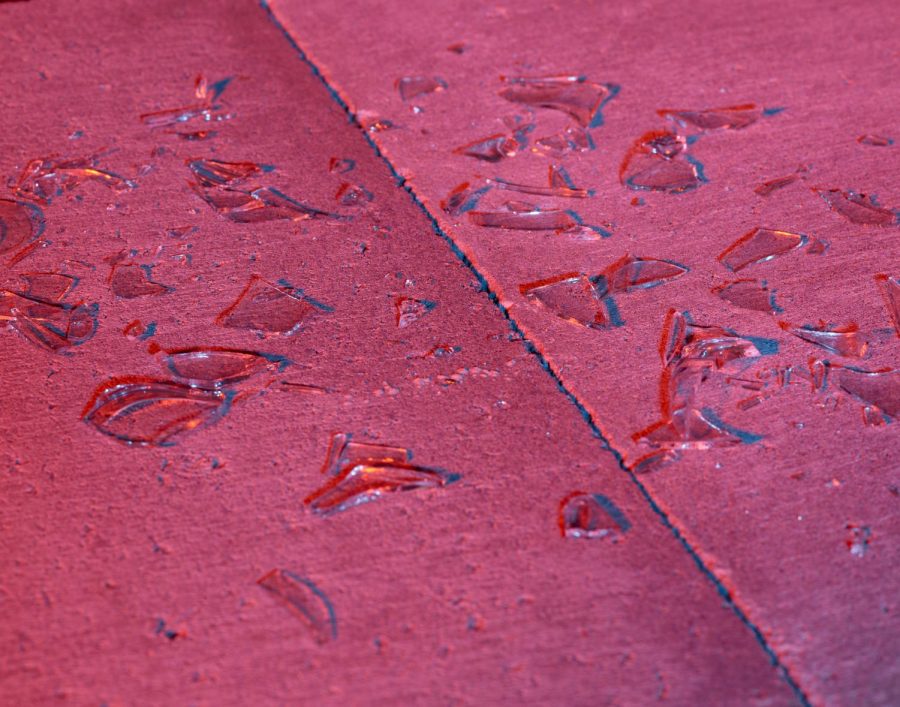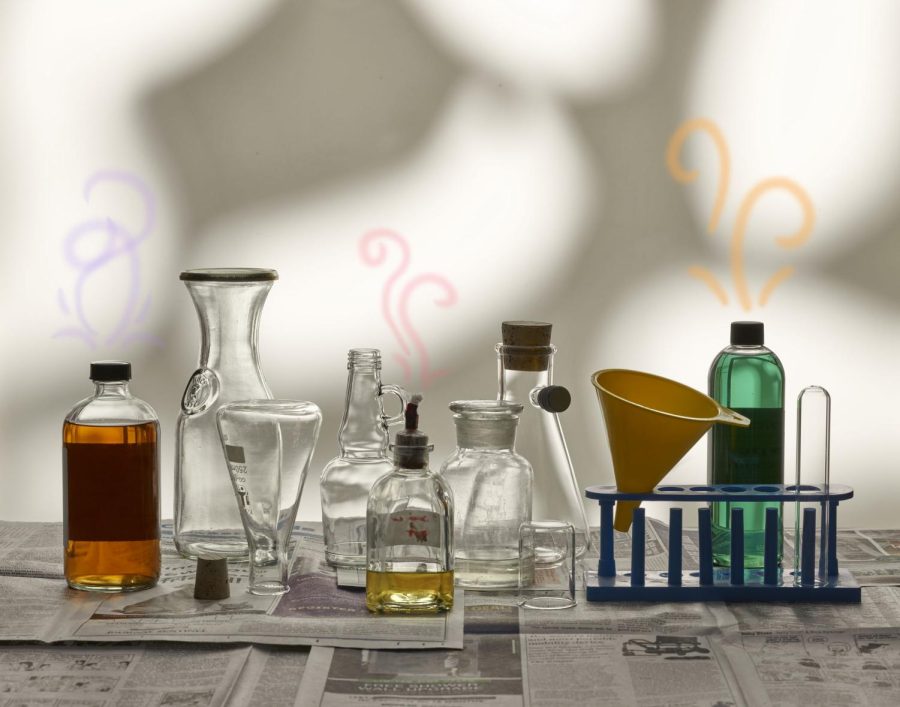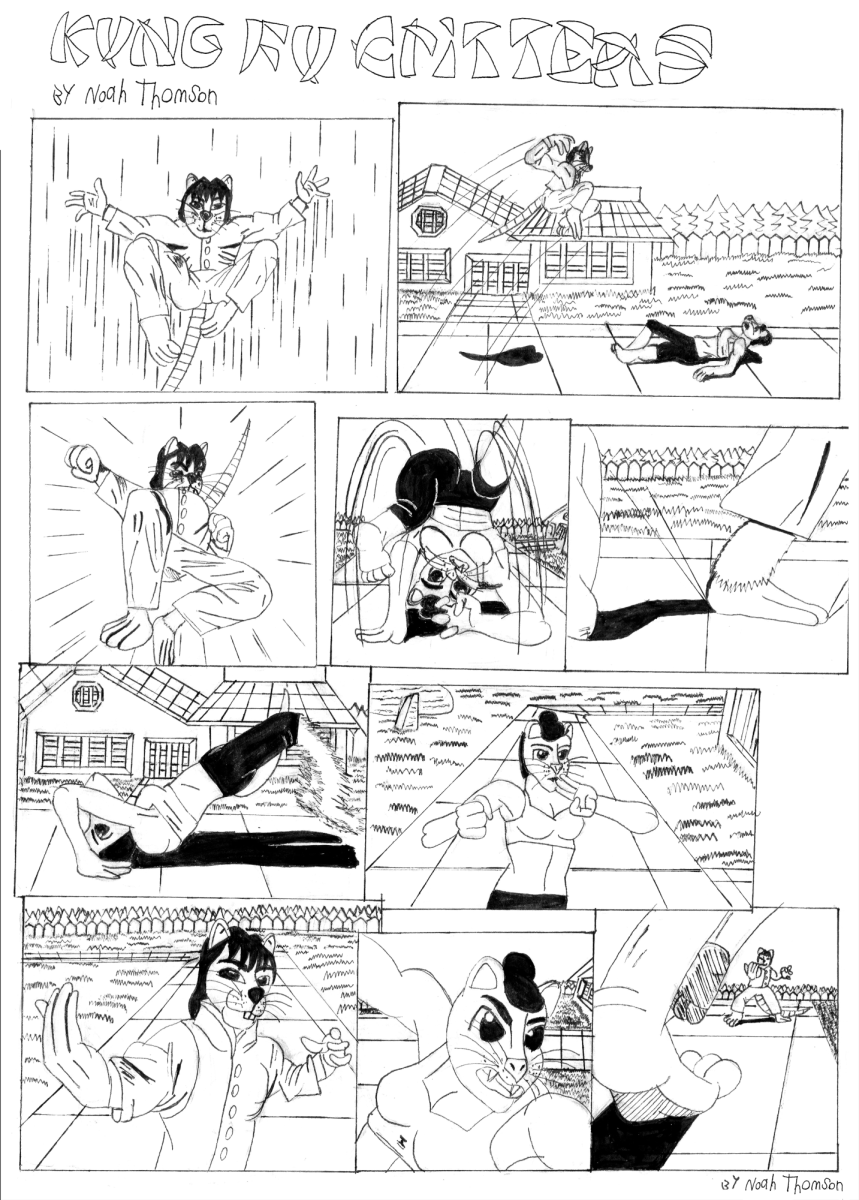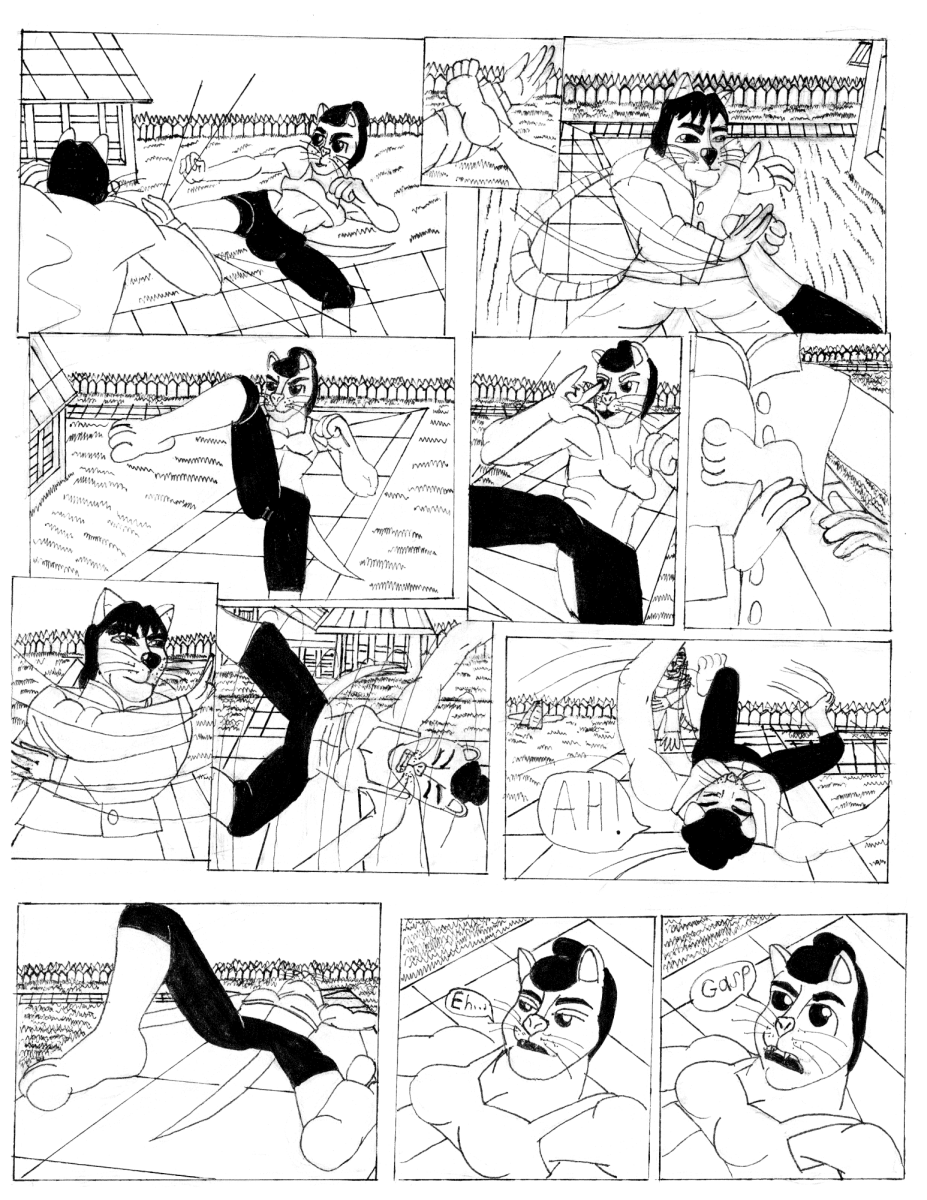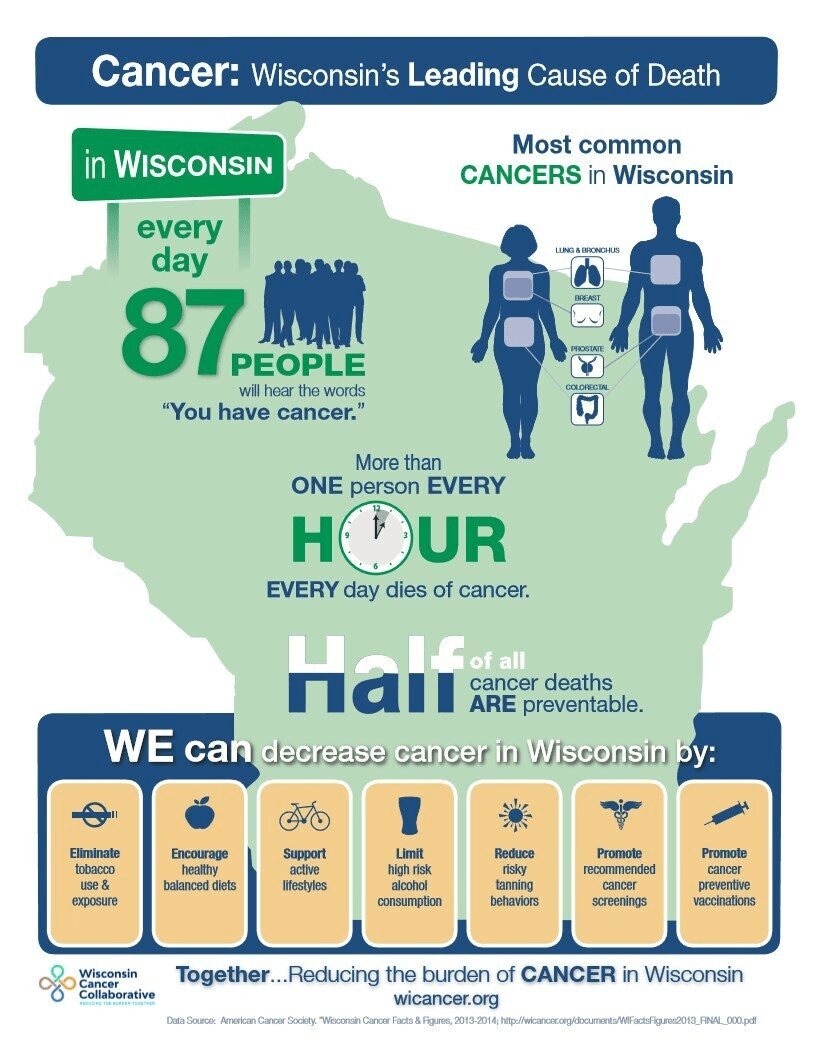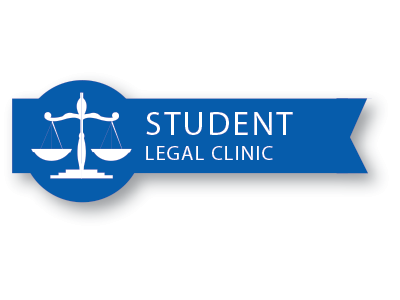by Roseann Vitale
Medical EstheticianOur skin is the largest organ on our body and protects us from the cold winter air, but it can also be the site of uncomfortable and embarrassing acne. The exact cause for acne is unknown, yet factors such as genetics, hormones, and stress do play a role. People often associate acne with teenagers, yet for many, acne persists into adulthood and even menopause.
Students may find that breakouts increase during times of stress, such as during midterms and finals. While stress can be unavoidable, taking steps to manage acne can make a huge difference. “The first step is having a consistent skin care routine using products with ingredients targeted toward acne,” says Rosalind Wakefield, registered nurse and medical spa owner. “Often people overload their shelves with products that don’t work. With my experience someone with acne needs to be on some form of Retinol and glycolic acid.”
Treatments for acne range from topical and oral therapies, home care and in-spa services. Commonly used topical ingredients include glycolic and salicylic acid, benzoyl peroxide, and retinol. Glycolic acid works by penetrating into clogged follicles and loosening bonds between skin cells. This allows pores to clear, and healthy new skin cells to emerge. Salicylic acid has similar benefits to glycolic and also provides a drying effect that lessens overproduction of oil. Benzoyl Peroxide infuses oxygen into clogged pores, preventing bacteria growth. Retinol is a popular ingredient as it treats acne and has anti-aging effects on the skin, but some people find it irritating and drying with overuse.
A dermatologist may prescribe topical and oral medications for more severe acne. Common oral medications include Tetracycline, Minocycline and Erythromycin. These medicines inhibit the growth of bacteria and diminish acne. Accutane is another medication readily prescribed for severe acne. It limits the function of the oil glands but is controversial due to its side effects.
Many acne sufferers also report a loss of moisture in their skin, but are afraid to add a moisturizer to their regime due to fear they will break out. “Hyaluronic acid is a great product for someone with acne. It attracts moisture, yet doesn’t promote oil production,” says Kristi Reasons, esthetician and spa manager.
Facials, chemical peels, microdermabrasion and laser and light treatments are available at spas and doctors’ offices and can be essential in improving acne. It is important to thoroughly consult with your health care provider regarding your acne. They should explain all the risks and benefits involved in various services.
Overcoming the frustrating battle with acne is possible by using some or all of the above methods. Be sure to do your research and only see providers who are properly licensed and trained to perform treatments.









